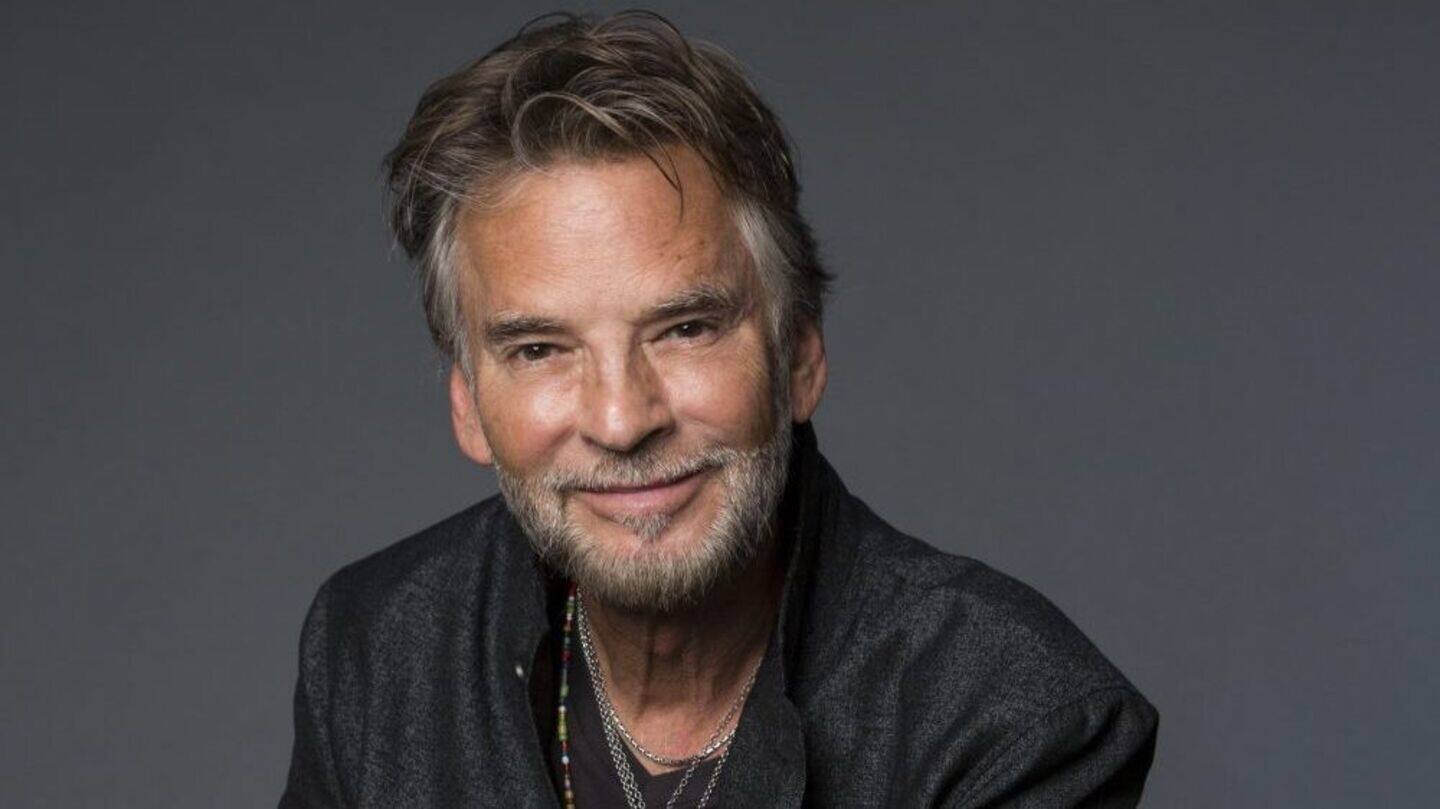
Kenny Loggins slams 'unauthorized' use of song in Trump video
What's the story
American singer-songwriter Kenny Loggins has demanded the removal of his song Danger Zone from an AI-generated video shared by President Donald Trump on his Truth Social account. The controversial video features a crown-wearing Trump in a fighter jet called KING TRUMP, with Loggins's voice singing Danger Zone. The plane drops brown sludge on protesters in what seems to be New York City's Times Square.
Statement
Loggins's statement on the matter
In a statement to NPR on Monday, Loggins said, "This is an unauthorized use of my performance of Danger Zone. Nobody asked me for my permission, which I would have denied, and I request that my recording on this video is removed immediately." "I can't imagine why anybody would want their music used or associated with something created with the sole purpose of dividing us."
Unity message
'We're all Americans, and we're all patriotic'
Loggins further stressed the need for unity among Americans. He said, "Too many people are trying to tear us apart, and we need to find new ways to come together." "We're all Americans, and we're all patriotic. There is no 'us and them' - that's not who we are, nor is it what we should be." "It's all of us. We're in this together...music as a way of celebrating and uniting each and every one of us."
Response
What was the White House's response?
When NPR asked the White House for a response to Loggins's statement and request, spokesperson Davis R. Ingle sent back an image from Top Gun featuring stars Tom Cruise and Val Kilmer. The image was captioned: "I FEEL THE NEED FOR SPEED." To note, Danger Zone was famously recorded for the smash hit 1986 film. This is not the first time musicians have objected to Trump using their work for political messages.
Legalities
Legalities around such uses
Musicians like The White Stripes and Isaac Hayes's estate have sued Trump for copyright infringement. However, such use is usually legal as long as rights holders are compensated correctly. The only thing performers and songwriters can prohibit is the use of songs in campaign ads. Still, many artists publicly object to ensure their audience knows where they stand on these issues.